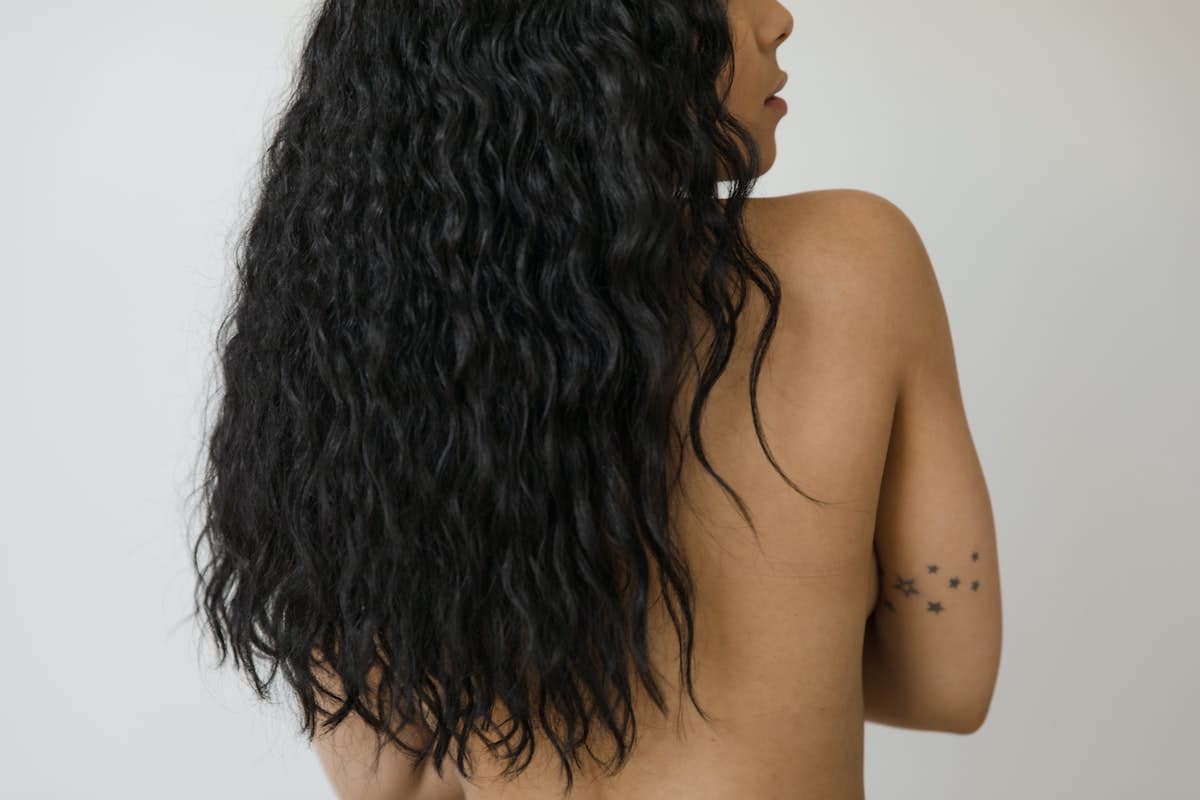Hair health and beauty have always played an important role in people's lives, transcending the purely aesthetic aspect to take on connotations that are deeply rooted in the human psyche. Hair loss, or alopecia, is not just a biological or medical phenomenon. Its psychological and symbolic impact can be just as significant, if not more so.
The symbolic meanings of hair loss
Hair loss, medically known as alopecia, is a natural phenomenon that can be influenced by genetic, hormonal, nutritional, medicinal or stress-related factors. Beyond these medical aspects, hair loss also has cultural, historical and symbolic meanings.
In many cultures, hair has a profound meaning linked to beauty, virility, identity and strength.
Hair loss and self-esteem
Hair is often considered an integral part of a person's identity. Dense, healthy hair is often associated with youth, vitality and beauty. Hair loss can therefore call into question a person's self-image and perception of their own attractiveness.
Hair loss, particularly when it is rapid and unexpected, can feel like a loss of control over your own body. This can lead to feelings of helplessness and frustration.
Finally, for many people, hair loss is associated with ageing. Early onset of alopecia can make people feel that they are ageing faster than their peers.
Hair loss and illness
Hair loss can also be associated with illness, particularly as a result of treatments such as chemotherapy. In this context, it can symbolise struggle and resilience.
Just as nature has cycles of loss and renewal, hair regrowth after treatment can symbolise a new beginning, healing and hope for the future.
Hair loss and feelings of power
Hair loss and feelings of power are interconnected through various cultural, historical and psychological narratives. Historically, hair has often been associated with strength, vitality and power. This connection is deeply rooted in human psychology and is reinforced by myths, stories and socio-cultural perceptions.
The biblical story of Samson and Delilah is perhaps the most famous example. Samson, whose strength lay in his hair, was betrayed by Delilah, who had it cut off, rendering him powerless before his enemies.
Hair loss and socio-cultural perceptions
In many cultures, a full head of hair is associated with youth, vigour and masculinity. For men, in particular, male pattern baldness can be interpreted as a sign of ageing and, by extension, of diminished virility or power.
For women, whose beauty is often linked to the length and density of their hair in many cultures, female pattern baldness can be experienced as a loss of femininity or attractiveness.
Hair loss: what does it mean psychologically?
"Pulling out your hair", "getting grey hair", etc. There is no shortage of expressions to confirm the strong link between hair and psychology of an individual. A true barometer of a person's psychological and emotional state, hair reflects anxiety, stress, joy, life transitions and many other emotional experiences.
Just as the skin becomes marked at times of stress, hair can thin, grey or even fall out in response to traumatic or stressful events.
This intimate connection between our mental state and our hair is deeply rooted in our culture. We see this not only in popular expressions, but also in the way people change their hairstyle or hair colour to mark significant events in their lives, whether it's a break-up, a new job or the birth of a child.
What does it mean to dream of losing your hair?
Dreaming of losing your hair is a common theme in the dream world. Dreams generally reflect our concerns, fears and unconscious desires. They can also be influenced by recent events in our lives. However, it is important to note that the interpretation of dreams is subjective and can vary according to the individual, his or her culture, experience and current emotional state.
Change and transition
Hair can symbolise our attitudes and beliefs. Losing it in a dream can indicate that you are undergoing change or transition, perhaps leaving behind old ways of thinking.
Feelings of vulnerability
Hair loss can make a person feel sentimentally exposed or vulnerable. Dreaming of this loss could reflect feelings of insecurity or vulnerability in certain situations or relationships.
This vulnerability is not just superficial or aesthetic; it is often deeply rooted in identity and self-perception. For many people, their hair is a symbol of their individuality, their health and sometimes even their status. By losing it in a dream, the unconscious might be expressing a fear of being stripped of something essential to self-definition.
Judgement
Dreaming about hair loss can also evoke a fear of exposure or judgement. Without the 'cover' or 'shield' that hair can symbolically represent, you could feel exposed, defenceless in the face of other people's opinions and perceptions. This interpretation is particularly relevant for those who, in real life, attach great importance to the opinions of others or who often feel judged or scrutinised.
The key to understanding this type of dream lies in personal reflection. It is essential to ask yourself questions about what the hair means to you, how you perceive its loss, and what emotions or situations in your waking life might be reflected in this dream. By approaching the dream from an introspective perspective, you can often find answers or, at least, avenues of understanding that shed light on the feelings or situations underlying it.

